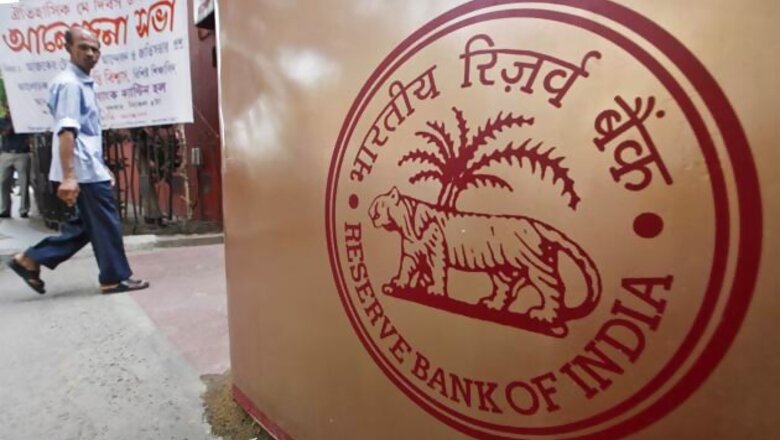
views
Bhubaneswar: Amid widespread demand for a reduction in interest rates by banks, RBI on Saturday said rate cut cannot be predicted at this moment. "You cannot say when the rate cut will come. Wait for our September policy," RBI Deputy Governor HR Khan said on the sidelines of a function organised by the Institute of Chartered Accountants of India (ICAI).
The Reserve Bank is scheduled to review its monetary policy on September 17.
Khan's comments incidentally come on a day when Finance Minister P Chidambaram asked banks to cut interest rates and keep EMIs at affordable levels to encourage sale of consumer durables that will restart the engine of manufacturing.
"The middle class is complaining about increasing EMIs and stretching payment cycle. The middle class, which consumes consumer durables postponing purchases, and that is not good for the industry," he said.
"EMI must be kept at affordable level so that people will buy two wheelers, cars, refrigerators, washing machines, cooking ranges, mixies and grinders.
"That will keep the engine of manufacturing going and large industries continue to produce these goods. The suppliers of parts and accessories in the small and medium enterprises will continue to do business." Chidamabram said.
A fall in inflation in July has boosted hopes of a rate cut by RBI. Inflation based on Wholesale Price Index (WPI) declined to 6.87 per cent in July from 7.25 per cent in June. It is, however, still above the RBI s 5-6 per cent comfort level.
Khan also said RBI is taking steps for flow of capital with focus on creation of non-debt capital, "We are trying to improve capital flows through FDI and NRI deposits."
On rupee's exchange rate volatility, Khan said, "Our approach is that there should be orderly movement of rates in the market and there should not be any volatility."
"Let us see what can be done to contain gold demand," he said, adding a committee formed by RBI will come out with its report in two-three months.
Earlier addressing ICAI's conference, Khan said focus should be on the domestic exploration of oil and gas as 70 per cent of it were being imported while 100 per cent of gold requirement was also coming from other countries.
He also underlined the need to increase agricultural productivity in order to survive the impact of the global financial crisis.



















Comments
0 comment